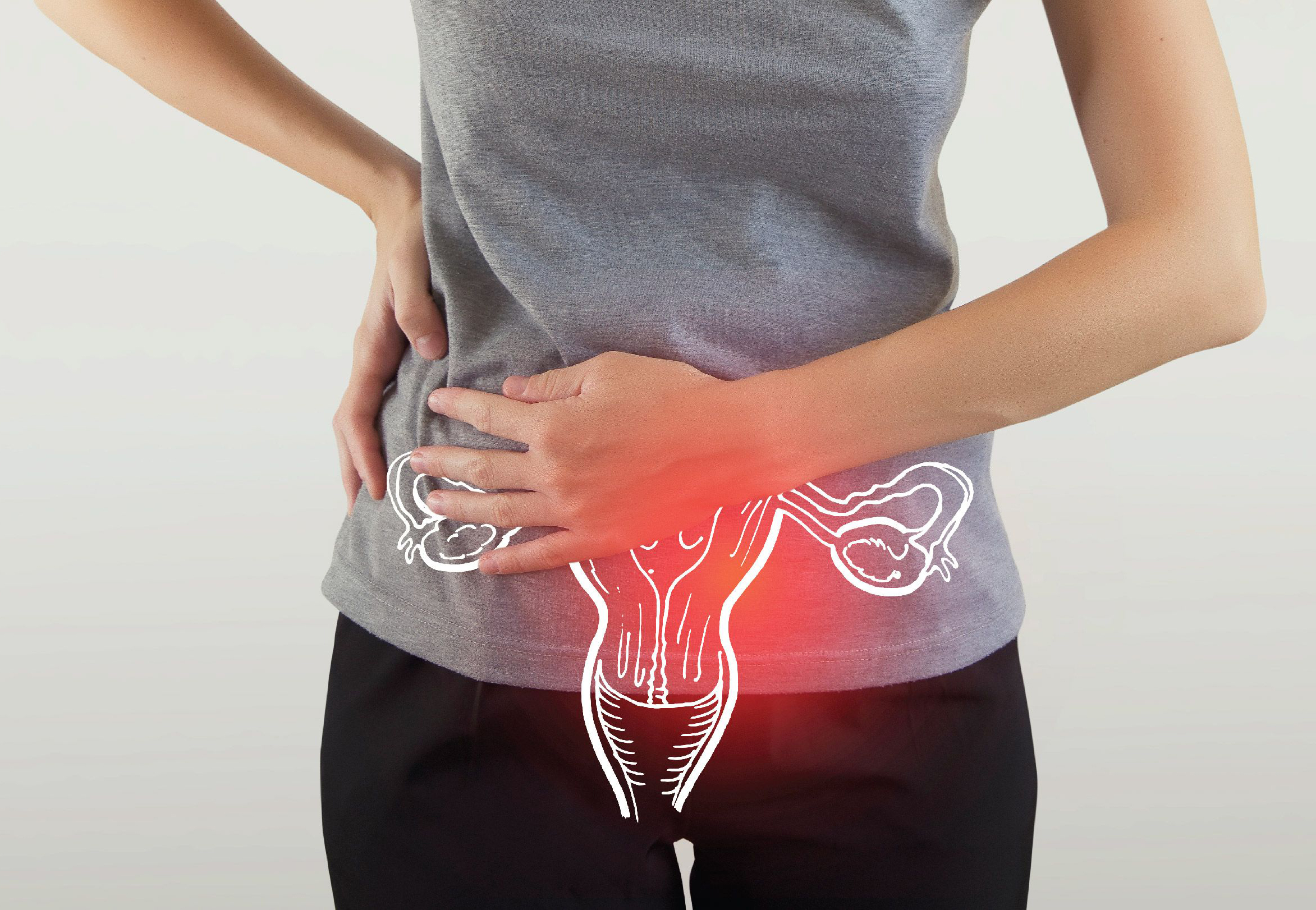Why Jeevandeep Ayurveda for PCOS/PCODS?
The cure for PCOD has yet to be discovered. Jeevandeep Ayurveda can help you control the illness with correct therapy and lifestyle changes such as:
- Use of Ayurvedic Herbs (Ashwagandha & Turmeric).
- Ayurvedic therapy(Yoga & Breathing Exercise).
- Ayurvedic diet (Natural and Organic Products).
- Ayurvedic treatment for PCOS subfertility.
Know about PCOs & PCODs
 PCOD, also known as PCOS, is a syndrome that affects women's ovaries, the reproductive organs that generate progesterone and oestrogen hormones that help regulate the menstrual cycle, as well as modest amounts of hormones inhibit, relax, and male hormones known as androgens.
PCOD, also known as PCOS, is a syndrome that affects women's ovaries, the reproductive organs that generate progesterone and oestrogen hormones that help regulate the menstrual cycle, as well as modest amounts of hormones inhibit, relax, and male hormones known as androgens.
A hormonal issue known as a polycystic ovarian syndrome (PCOS) affects women during their reproductive years. If you have PCOS you may not have a normal period cycle or perhaps you experience lengthy menstrual cycles. A hormone called androgen may be present in your body in excess.
Along the ovary's outer border, several tiny sacs of fluid form in people with PCOS. Cysts are what they are. In the tiny cysts filled with fluid are developing eggs. They are known as follicles. The follicles stop releasing eggs on a regular basis.
There is no recognized cause for PCOS. Losing weight and receiving early diagnosis and treatment may help to reduce the chance of developing long-term consequences including type 2 diabetes and heart disease.
Why Choose Jeevandeep Ayurveda
31
YEARS OF EXPERIENCE
180
HERBAL PRODUCTS
27000
PATIENT TREATED
History of the Family
Women who have close female relatives who have PCOD have a 50% chance of developing the condition. Because PCOD is a risk factor for developing diabetes, it may progress to Type 2 diabetes as you become older. A single gene has yet to be identified as the cause of PCOD, and it is likely to be complicated and includes numerous genes.
Insulin Resistance and Way of Life
Peripheral insulin resistance affects around 70% of women with PCOD. The pancreas generates insulin, a hormone that aids the body in using sugar from meals for energy. Insulin resistance prevents cells from adequately using insulin, increasing the body's demand for insulin. In order to compensate, the pancreas produces extra insulin.
Insulin Resistance Factors
- Insulin resistance is caused by hereditary factors.
- Being overweight causes insulin resistance (related to diet and inactivity).
- A combination of above two components.
Inflammation
In women, PCOS can cause an increase in inflammation. Additionally, inflammation can be exacerbated by being overweight. Excess inflammation has been associated to greater androgen levels in PCOD, according to research.
Weight
Weight gain can occasionally make insulin resistance and polycystic ovarian syndrome symptoms worse. Some PCOD sufferers claim they have never had symptoms like irregular menstruation or excessive hair growth, and they are a healthy weight. However, after they put on weight, these symptoms start to show themselves.
- The Unusual Timing of Periods: PCOS is frequently characterized by irregular or infrequent menstrual cycles. Having periods that last several days or longer than what is customary for a period is also acceptable. You could, for instance, experience less than nine periods year. Additionally, such intervals may be greater than 35 days. You can experience difficulties conceiving.
- A Surplus of Androgen: Excessive body and face hair may come from high androgen levels. Hirsutism is the term for this. Male-pattern baldness and severe acne can also occur sometimes.
- Ovarian Polycystic: Perhaps your ovaries are larger. On the ovary's border, many follicles carrying immature eggs may form. It's possible that the ovaries don't function properly.
Why one should not delay treatment of PCOS/PCODS?
- There are several metabolic syndromes, such as high blood pressure, heart disease, elevated cholesterol, and excessive blood sugar.
- Miscarriages.
- Infertility.
- Pregnancy diabetes.
- Slumber apnea.
- Diabetes Type 2.
- Depression and other psychiatric conditions.
- Cancer of the uterus.
- Abnormal bleeding in the uterus.
- Untreatable acne showing signs of hormone imbalance.
- Inflamed liver for a long time.



